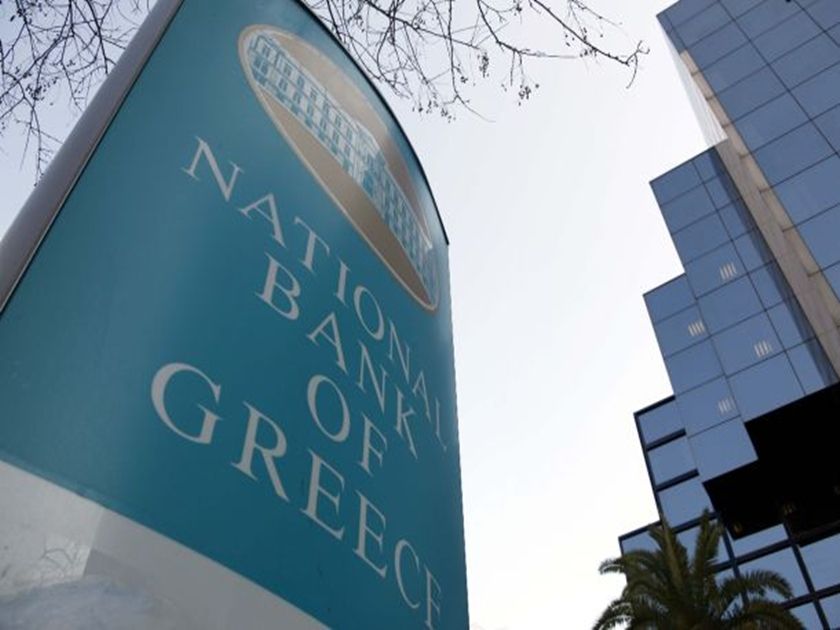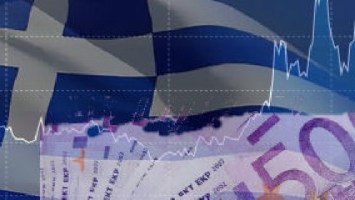by Sam Hason, businessfinancenews.com
The European Central bank (ECB) allotted €15-25 billion for the recapitalization of Greece’s four biggest banks namely Piraeus Bank, National Bank of Greece, Alpha Bank and Eurobank. The newly appointed government of Alexis Tsipras has to formulate measures to recapitalize all big four banks by next week.
At the moment, the banks are anxious as the process of recapitalization draws near. They are worried that the complexities in the system might delay the process and the process itself might discourage the investors they want to attract. .
Reserves of major Greek banks are dried and the government has to recapitalize them by the end of 2015. If recapitalization does not take place before the deadline, then the uninsured deposits of the banks will witness major cuts, and account holders will have to suffer a loss of over €100,000.
The work done by Mr. Tsipras and his team in the next couple of months will determine whether Greece will be able to keep its seat in the Eurozone. The mistakes made previously by Syriza-led government in its structural reforms cannot be repeated this time. The capital controls implemented by the Greek government are already giving a tough time to the general populace and recapitalizing the banks at this time is the only way to ease such hard measures.
Confidence level on Greek banks is considerably low; around €40 billion of deposits were withdrawn from the banks. This increased fears of Grexit from the Eurozone. The number for non-performing loans soared from 33% to 50% for the third quarter (3Q), as stated by Mr. Louka Katseli ,President at National Bank of Greece.
To get Greek banks back on track, significant amount of liquidity needs to be injected in them. And for that, the ECB will conduct a balance sheet review of all major banks. Capital control in place, with overall recession, has contributed in building up more pressure on bank reserves.
The capital controls are to stay in place until the banks are recapitalized. Greek bankers are keen on keeping international investors involved in the process, as they want to avoid Government takeover through Hellenic Financial Stability Fund. The government, at the moment, is the largest shareholder in all four major banks of Greece and its further interference in the process will reduce investors’ confidence.
Some people in the Syriza led government suggest that the government should fully takeover the commercial banks. However, bankers believe that this move will create a situation where all major decisions were made on political basis.
On the other hand, the shareholders fear that the massive injection of recapitalization funds will dilute their holdings. To deal with that, Mr. Anthimos Thomopoulos, Chief Executive of Piraeus Bank argued that some funds should be held in reserves and currently only a modest recap is needed to cover the past losses.
Mr. Tsipras announced on Monday that foreign funds which specialize in distressed assets would be banned to operate in Greece. This concerns some investors as free market movement is questioned with such interventions.
Greek banks also have to deal with a number of companies on their balance sheet which are unable to make their interest payments on time. There has been a lot of restructuring in those companies but the prospects are more-or-less the same. Banks need to judge their capital structures more deeply and then categorize them accordingly.
National Bank of Greece
Meanwhile, banking stocks are currently considerably underpriced. The government is taking steps to improve the situation but they are not enough to change the depressed public sentiment.
The short selling of Greek banking shares was banned last week as it was putting additional pressure on declining market values. The Greek securities regulator decided to take this action in order to stop the falling market value of banks before recapitalization.
National Bank of Greece stock witnessed attrition of more than 95% of its value since the inception of Greek debt crisis. Its stock has lost almost 67% of its value year-to-date.
However, National Bank of Greece stock rose by 9.05% yesterday and closed at 0.69. Its market cap currently stands at $1.97 billion. It is also revising bids on its Turkish subsidiary, Finansbank A.S., to sell its majority interest in order to meet its capital requirements.



















